Muscling in on areas where you have no jurisdiction violates civil liberties and makes a mockery of religious authority
By Susan Weiss
Published in the Times of Israel Blogs
AUG 23, 2018, 1:37 PM
Last month, right before Tisha B’Av, police summoned Rabbi Dov Haiyun to their offices. In police hands was a decision of the Haifa State Rabbinic Court ordering them to open up a criminal investigation against Rabbi Haiyun — the head of Moriah Congregation, of the Conservative movement. Among other complaints, the court claimed that Haiyun had violated the Marriage Registration Ordinance, when he failed to register a marriage at which he had officiated. According to reports, police “put him in a prisoner transportation vehicle complete with iron bars on the windows, and took him away.”
A number of years ago, I almost suffered a similar fate. Angry with my demand that I accompany my client, an illiterate agunah, into judges’ chambers, rabbinic judges ignored my insistence that she was legally entitled to representation and threatened to lock me up. Had I not been the head of a prominent NGO, privy to the direct phone number of the secretary of the rabbinic courts, I too, like Rabbi Haiyun, risked finding myself in a prison transportation vehicle with iron bars. But instead, the judges “simply” forced me to step down from the case. A woman who called my office recently was not so lucky. When she begged rabbinic judges to “listen to her” in the court, her tone was deemed insulting and brazen — and the rabbis ordered that she be imprisoned for a week. She had to appeal to the Supreme Court to reverse the decision.
Admittedly, the above situations are not identical. While rabbinic judges theoretically had the authority to hold me and the woman in contempt (we each had been present in their courts), they had no jurisdiction whatsoever over Rabbi Haiyun, who had not appeared before them.
Yet the above situations have this in common: abuse of judicial power. In all of the above, rabbinic judges acted more like police than like judges. Judges adjudicate. Legislators legislate. Police use “legitimate” force to detain and imprison. This is called “separation of powers.” It’s the way democratic states check power to power, ensuring that government officials do not abuse the liberties of citizens who extended those powers to them in the first place.
Read more in the Times of Israel >
